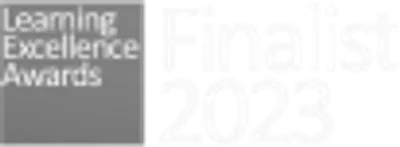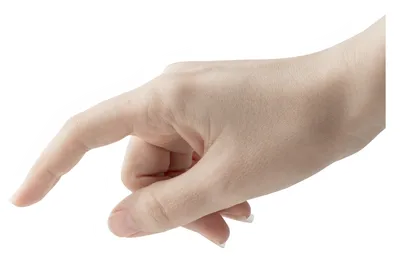want some cookies?
We use cookies to make your browsing experience amazing

Restarting L&D: It’s time to do things differently
Let’s be honest - you’ve read enough about change and Covi’ and how the world is different. You’re probably filled to the brim with information on what you should do and how you should adapt, pivot, shift. You’re likely inundated with virtual conferences and webinars and Zoom chats (video off pliz). But this change, and indeed the entrance into a new year does give us a chance to take a pause, doesn’t it?
Following such incredible disruption to both our personal and professional lives, it’s natural to look at the negatives this imbalance has caused us. 2020 was, after all, a bit shit wasn’t it? The highlights of my year included leaving the house for food and buying new loungewear (seriously).
But it’s not all been doom and gloom. We’ve had some lessons too - change can happen and we can survive it. We can sometimes even thrive in it. Now the question is, can we and should we sustain it? I believe this pandemic has given learning and development REAL opportunities to do things differently both now and in the future. Because this change Covid has caused is permanent; our hearts and minds are not the same. Our learners are not the same.
And we are not the same. And that’s OK.
Others in L&D are changing, but are we? Really?
I’m the first to admit that the learning and development industry needs a shakeup. I try to do a lot of shaking myself, but you are a stubborn lot at times! 😉
But what’s not changing? Well….for starters, a lot of the ‘thought-leadership’ in our industry is steeped firmly in the past, with perspectives tainted with the ‘old ways’ of doing things and why they were effective. We also lean too heavily on tech to solve problems which are so painfully big that I can’t even understand why we think a new LXP would fix it all. We’re constantly on the search for panacea, the wondrous and elusive gleaming genius of a solution to all our problems.
But Jesus guys, surely we know this just does not exist?
Our challenges are big and interlaced with the business’ and the sentiment of the people within it. L&D’s problems don’t generally spur from the way training is created and delivered, at least in my opinion. They’re bigger and much more complex. Our learners are disengaged and would rather turn to YouTube and Google. Our business stakeholders have unrealistic expectations of what L&D should do. This often equates to a culture of order-taking which, in some senses, means very little of our own function is left for us to ‘fix’ in the first place. Sidenote: this is likely the reason we often turn to tech as our solution, because that is something we DO control!
In a nutshell, we got some big problems.
It is broke, so we do need to fix it
These temporary solutions (ie, throwing tech at the problem) weren’t working for a long time before ol’ Covi hit. But what this gargantuan pandemic did (and is still doing...please go away now Covid) was give the world some time to take stock. Other industries which have been obstinate and just focused on short-term solutions suffered; Covid undoubtedly accelerated their slow extinction as they proved unable to keep up with the pace of change. And as a result, their success is dwindling...
The ‘high street’ was already dying, with retailers shifting to online, personalised shopping experiences...
Industries such as print were failing, primarily due to the digital revolution. This may well have been the final nail in the coffin....
Steel and manufacturing began struggling to keep pace amongst the growing demand for more sustainable sources...
These industries have simply had to evolve, or they die. To me, the changes we observe outside of L&D way beyond the pandemic are a barometer for the changes L&D too has been experiencing. To respond to changing audience needs we shifted to mobile learning (now basically just essential). We’ve then moved away from prescriptive learning and LMSs to more modern, social learning environments and platforms. We’re also starting to look at data, and analytics, and maybe even marketing to help us better solve our problems (yay for MAAS!).
Slowly, glacially at times, we have begun to outgrow our old ways of working. But have we yet moved away from our old ways of thinking? I’m not so sure. And my worry is that as long as our old mindsets, old ways of thinking and working continue to exist, we’ll never really be able to reach our full potential as a critical business function.
So, how can we truly capitalise on the potential of L&D? With this incredible opportunity of change at our feet, let’s ask ourselves: “what do we need to do differently?”
So, what does L&D need to do differently?
Well, I asked some of my friends…because they seem to know more about this stuff than I do.

"Whilst there are many things L&D needs to change, the most imperative is to mobilise deliberate upskilling and stop with the spray and pray generic course libraries.
Companies are facing massive shortages where vital skillsets are not available in talent pools. Employee upskilling is the most direct way for every company to maintain viability and competitive advantage. L&D must begin to collaborate with talent management to analyse the HR data to identify and close the skill gaps imperative to the business, not track completions or hours of training."
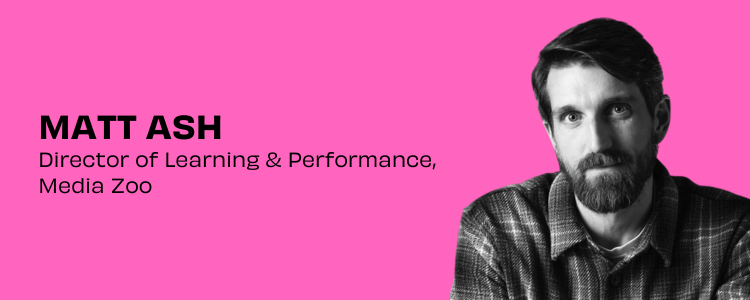
"We need to do less, better. I have yet to encounter a client where content is the solution to their challenges. There is a wealth of research on effective behaviour change that ties in directly to how people learn. It's time to open our eyes to the reality of implementation of L&D across the business. Benchmark, test, adapt."

"Start focusing on business outcomes instead of learning outcomes, and stop talking about learning (for the sake of learning). Stop throwing stuff online or digitising it as fast as possible... when it wasn’t delivering clear value to begin with."
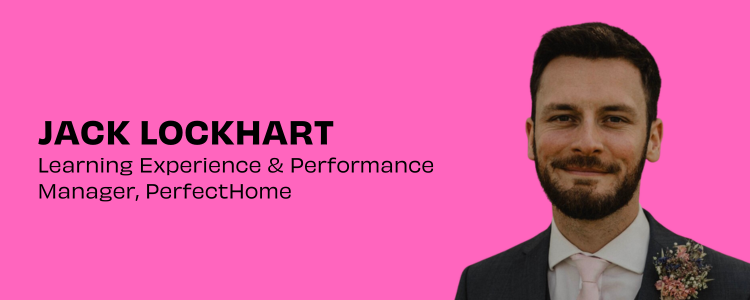
"We need to show radical accountability for the experiences we deliver and support. I've started to really lean on the phrase 'the standard you walk past is the standard you accept' as a benchmark for what I do in the business. If I really hate that experience that I own, what are other people going to think of it?
I also feel we have a responsibility to use evidence-based practice as a chance to educate others around us. It's easy to chop others down for not doing it. Or that 'they should know better' when actually it could be a chance to support, coach and educate to bridge some of the divisive gaps that have come up. A rising tide lifts all boats."

"For me, it’s about how we provide answers to questions that meet people at the point that they need them. Organisations, and we as learning practitioners, have to acknowledge that we are fallible as human beings and forget a lot of information, thus we cannot rely on our learners to still know the information they consumed in the future.
To provision for this we can create easily accessible, short pieces of knowledge to provide our learners with the information they need, when they need it and in as few steps as possible. This not only means looking at the content we create but also the systems we utilise to house this for ease of access. If you do not have a Learning Platform that supports this then maybe it is you have a Sharepoint site with relevant folders, a number of channels on your MS Teams with user generated content to provide answers to FAQs or even at its most basic level an email with curated links to external material that provide the solution.
By allowing people to obtain the right information when they need it, it will bring a number of positive ROIs to the organisation, which in turn increases the value of the L&D function."
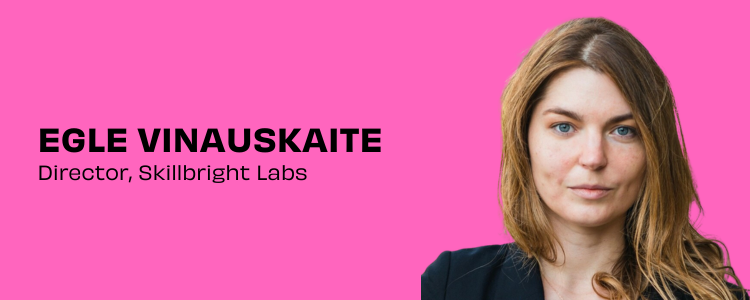
"What often gets lost among budgets, courses and completions, is that the L&D function, when done right, can help people reach their career aspirations and all the good things that come with them.
This responsibility needs to be taken seriously. Content, programmes and technology need to serve a business and/or employee need. Time spent talking with end users needs to be viewed as essential to create something useful, not a corner to cut. And data capability should be a strategic goal to know where, when and how to best support employee learning.
Sales, marketing, product and other business functions figured this out ages ago. There are skills and methods that can be readily borrowed. Support is available from more experienced industry peers. This is not the future—the time is now."

"L&D needs to start treating learning as a fundamental HUMAN skill and not that of a business transaction. Look deeper into the meaning of true learning, how it's done and how we have evolved as human beings to facilitate that process within ourselves.
Learning occurs on an everyday basis, whether we realise it or not. We have an unlimited capacity to do so and once we understand ourselves and our operational system (our brains) much better, not only can we evolve as learners but as greater more aware humans."
It’s time to truly put learners first
Why on earth has it taken a pandemic for us to start to understand that our people are the glue of our business? Our people, their hearts and spirits and minds are precisely what keeps our businesses running, but at times our industry seems to lose sight of how human L&D truly should be.
There’s some fantastic advice above, but one thing is for certain. We need to change and we need to truly humanise L&D if we are ever to be successful in this digital, globalised world we’re now living in. Evolve or die. I know which one I’m picking.



